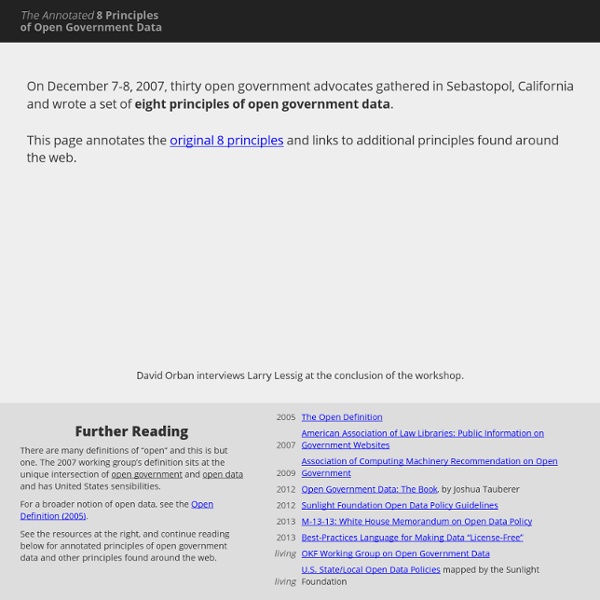



Open Government Data Data.gov COMET Welcome to the CoMET website CoMET is a programme of international railway benchmarking. It is made up of a consortium of large metro systems from around the world - Beijing, Berlin, Guangzhou, Hong Kong, London, Mexico City, Madrid, Moscow, New York, Paris, Santiago, Shanghai, Sao Paulo and Taipei. The four main objectives of CoMET are: 1. 2. 3. 4. All the group’s activities are determined by the member organisations. All CoMET Benchmarking Group activities are carried out within a framework of confidentiality. United Nations Economic and Social Commission for Asia and the Pacific ited Nations Statistics Division New York, 1 June 2016 - The chair of the Statistical Commission, Ms. Wasmalia Bivar of Brazil, addressed the Economic and Social Council (ECOSOC) on 1 June during its Coordination and Management Meeting. Ms. Bivar, who provided her briefing by videolink, informed the Council that the Statistical Commission at its last session in March had agreed “as a practical starting point” on a global indicator framework, which had been developed by the Inter-agency and Expert Group on Sustainable Development Goal Indicators (IAEG-SDGs). She also informed the Council of the recent work of the High-level Group for Partnership, Coordination and Capacity-Building for statistics for the 2030 Agenda for Sustainable Development and the plans for a first UN World Data Forum to be held in Capetown, South Africa, in January 2017. The presentation (English, Spanish) was followed by a short Q&A session.
UNdata Observatoire des inégalités Bases de données des Nations Unies UN Comtrade Interrogez les bases de données des statistiques sur le commerce des produits de base (Comtrade) qui stockent plus d'un milliard de données commerciales depuis 1962. Plus de 140 pays fournissent, à la Division des statistique des Nations Unies, leurs données annuelles détaillées du commerce international par produit et pays partenaires. Elles sont consultables dans la limite de 50 000 dossiers. Si vous souhaitez télécharger plus de données, abonnez-vous pour avoir un accès premium qui vous permettra également de personnaliser votre profil. [secteur privé, réglementation, échanges, importations, exportations, marchés, tendances] ReliefWeb - Bureau de la coordination des affaires humanitaires (BCAH) ReliefWeb est votre source d'information humanitaire en temps opportun, fiable, pertinente et d'analyse. Son objectif est de vous aider à donner du sens à des crises humanitaires dans le monde entier.
l'open data est « un événement d’une ampleur comparable à l’apparition de l’alphabet RSLN : Que représente le développement de l’open data dans la grande aventure du numérique ? Bernard Stiegler : C’est l’aboutissement d’une rupture majeure déjà largement entamée, et qui n’a rien à voir avec les précédentes. Toutes les technologies monopolisées par l’industrie de la culture, au sens large du terme, pendant un siècle, sont en train de passer entre les mains des citoyens. C’est un événement d’une ampleur comparable à l’apparition de l’alphabet qui, comme technique de publication, c’est à dire de rendu public, est au fondement de la res publica, tout comme à ce qui s’est déroulé après Gutenberg et la Réforme, généralisant l’accès à l’écriture imprimée et au savoir. À présent, toutes les activités industrielles, culturelles et scientifiques laissent désormais une trace numérique que chacun peut exploiter grâce à des outils de plus en plus accessibles. RSLN : L’Open data n’est qu’un maillon de cette révolution… Des idéologies différentes Bernard Stiegler : C’est vrai.
Ebook : le cahier de l’OpenData 2010 Acteur du datajournalism, Owni suit de près le mouvement open data. Les fortunes sont diverses selon les pays. Retour sur les avancées et les reculs de l'année 2010 en dix articles. «Nous ouvrons les gouvernements» : si le slogan de WikiLeaks semble voir été entendu, au moins en partie par les gouvernements anglo-saxons, comme en témoignent les initiatives des Etats-Unis, de la Grande-Bretagne, de l’Australie et du Canada, la majeure partie des pays restent à la marge. Ainsi, les pays européens peinent à suivre le mouvement de l’open data, malgré la mise en place de la directive européenne INSPIRE en 2007, et la France ne déroge pas à cette règle. Les politiques nationales, conservatrices en la matière, ont peu évolué depuis la loi du 17 juillet 1978 et restent aujourd’hui contradictoires et inégales selon les secteurs, orientées parfois vers un mouvement de fermeture, comme en témoigne la récente loi Loppsi2. Libérez les données !
Open data An introductory overview of Linked Open Data in the context of cultural institutions. Clear labeling of the licensing terms is a key component of Open data, and icons like the one pictured here are being used for that purpose. Overview[edit] The concept of open data is not new; but a formalized definition is relatively new—the primary such formalization being that in the Open Definition which can be summarized in the statement that "A piece of data is open if anyone is free to use, reuse, and redistribute it — subject only, at most, to the requirement to attribute and/or share-alike Open data is often focused on non-textual material[citation needed] such as maps, genomes, connectomes, chemical compounds, mathematical and scientific formulae, medical data and practice, bioscience and biodiversity. A typical depiction of the need for open data: Creators of data often do not consider the need to state the conditions of ownership, licensing and re-use. I want my data back. Closed data[edit]